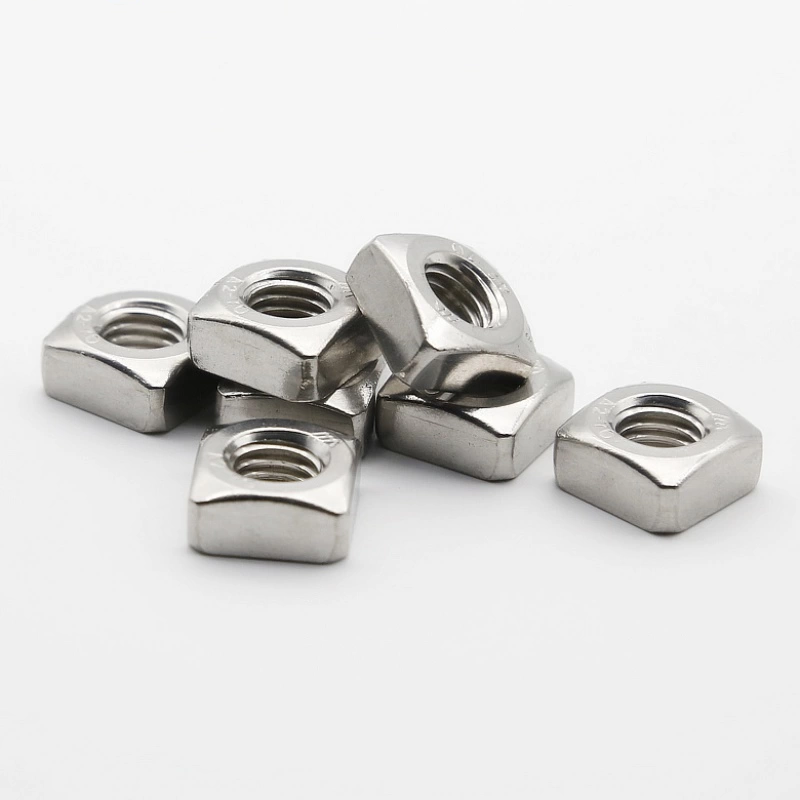

Exploring the Benefits and Applications of Structural Self-Tapping Screws in Construction
Nov . 26, 2024 06:18 Back to list
Exploring the Benefits and Applications of Structural Self-Tapping Screws in Construction
Understanding Structural Self-Tapping Screws
In the realm of construction and manufacturing, fastening solutions play a crucial role in ensuring the integrity, strength, and durability of structures and products. Among various fastening systems, structural self-tapping screws have gained prominence due to their innovative design and reliable performance. This article delves into the features, benefits, applications, and considerations associated with structural self-tapping screws, highlighting why they are essential tools in modern construction and engineering.
What are Structural Self-Tapping Screws?
Structural self-tapping screws are specialized fasteners designed to create their own threads as they are driven into materials, typically metals and plastics. This unique feature distinguishes them from standard screws, making them particularly effective for applications that require a strong hold without the need for pre-drilling a pilot hole. These screws are often made from high-strength materials, allowing them to withstand significant loads, making them ideal for structural applications.
Key Features
1. Self-Threading The primary characteristic of self-tapping screws is their ability to form threads in the parent material upon insertion. This self-threading capability eliminates the need for additional drilling, saving time and labor costs.
2. High Strength Many self-tapping screws are made from durable materials such as stainless steel or hardened carbon steel, providing high tensile strength and resistance to shear forces.
3. Corrosion Resistance Given their applications in various environments, many structural self-tapping screws feature coatings or finishes, such as zinc plating or galvanization, to prevent rusting and deterioration over time.
4. Variety of Head Designs These screws come in various head shapes, including pan, flat, and hex heads, allowing for flexibility in different applications and aesthetic preferences.
5. Different Thread Types Structural self-tapping screws may have different thread designs (e.g., coarse or fine) tailored for specific materials and applications, ensuring optimal engagement and strength.
Benefits
1. Speed and Efficiency The self-tapping feature significantly reduces installation time since there’s no need for pre-drilling. This makes structural self-tapping screws particularly advantageous in time-sensitive projects.
structural self tapping screws

2. Cost-Effective With faster installation times and less labor involved, using self-tapping screws can lead to overall cost savings in construction and manufacturing processes.
3. Versatility Their ability to fasten various materials makes structural self-tapping screws versatile tools suitable for a plethora of applications, from metal framing to assembling furniture.
4. Secure Connections The threading created during the insertion process provides a strong mechanical bond, ensuring that the joints remain secure under stress, vibrations, or other environmental factors.
5. Reduced Material Damage As these screws create their own threads, there is a lower risk of damaging the surrounding material, compared to traditional screws that can split or crack the base material if not pre-drilled properly.
Applications
Structural self-tapping screws are used in a wide range of applications, including
- Metal Framing Commonly used in steel and aluminum frameworks for buildings, where strong, durable connections are critical. - Automotive Industry Employed in assembly processes for various components due to their reliability and strength. - Manufacturing Used in the production of appliances, electronics, and furniture, providing efficient assembly solutions. - Roofs and Façades Ideal for securing roofing materials and cladding due to their resistance to weathering.
Considerations
While structural self-tapping screws offer numerous advantages, it’s vital to choose the correct type for a specific application. Factors such as the material to be fastened, load requirements, and environmental conditions should all be considered. Additionally, proper installation techniques are necessary to maximize the performance of self-tapping screws, including ensuring that the right torque is applied during insertion.
Conclusion
In conclusion, structural self-tapping screws represent a significant advancement in fastening technology, providing strength, efficiency, and versatility. Their ability to form secure connections without the need for pre-drilling makes them invaluable in various industries, from construction to manufacturing. As technology and materials continue to evolve, it is likely that the role of structural self-tapping screws will expand, further underscoring their importance in modern engineering and construction practices.
Latest news
-
MS Slotted Channel Fasteners Durable, Pre-Galvanized Mild Steel
NewsApr.29,2025
-
High-Strength Self Tapping Screws for Cast Iron Fast Installation & Durability
NewsApr.29,2025
-
Mild Steel Slotted Channel & Fasteners - Durable, Adjustable Solutions
NewsApr.28,2025
-
ISO Spring Washer - Secure, Durable Fastener with ISO Compliance ISO Spring Washer
NewsApr.28,2025
-
Mild Steel Stud Bolt Fasteners - High Strength & Corrosion Resistant
NewsApr.28,2025
-
M6x45 Shear Bolt - High-Strength Safety Fastener
NewsApr.28,2025

